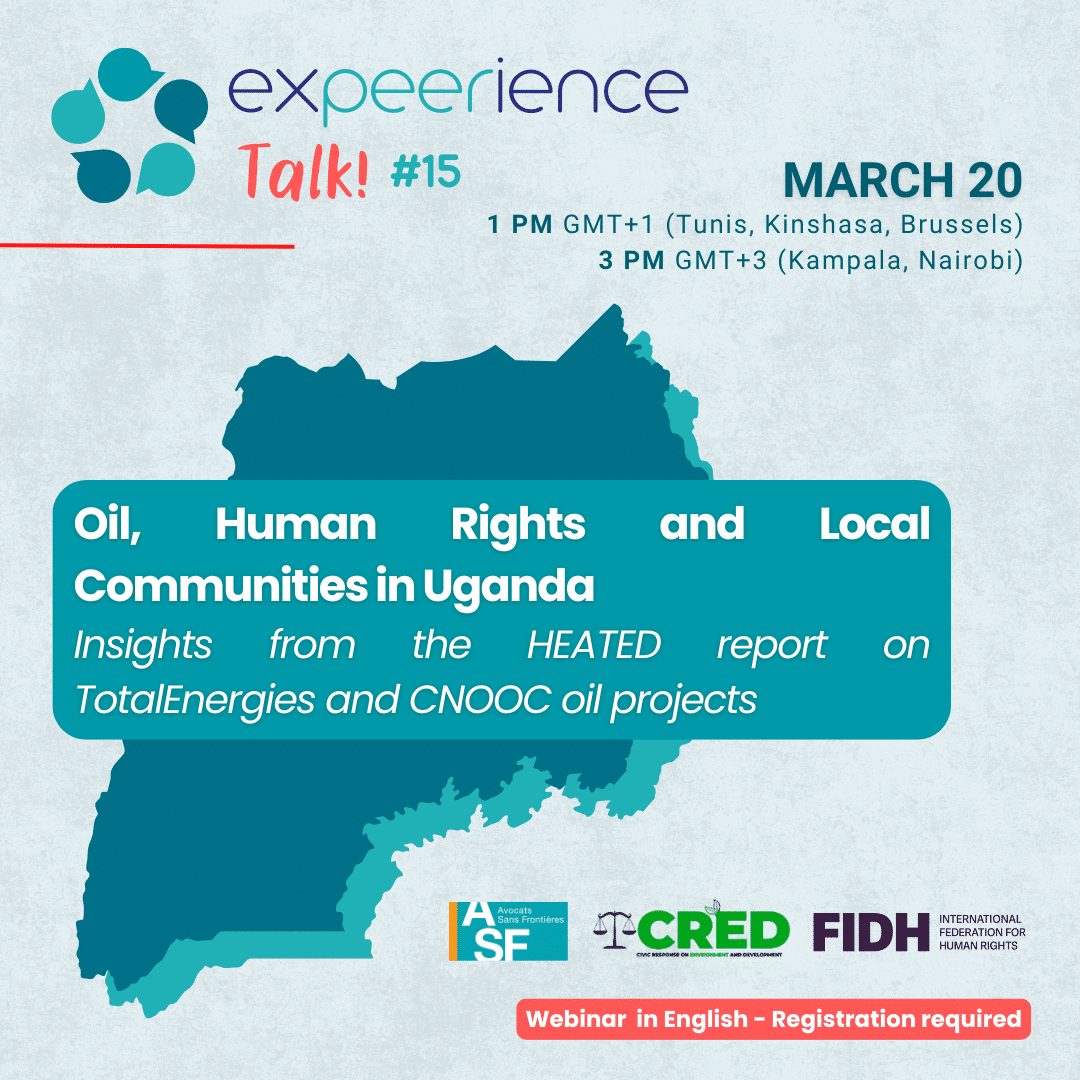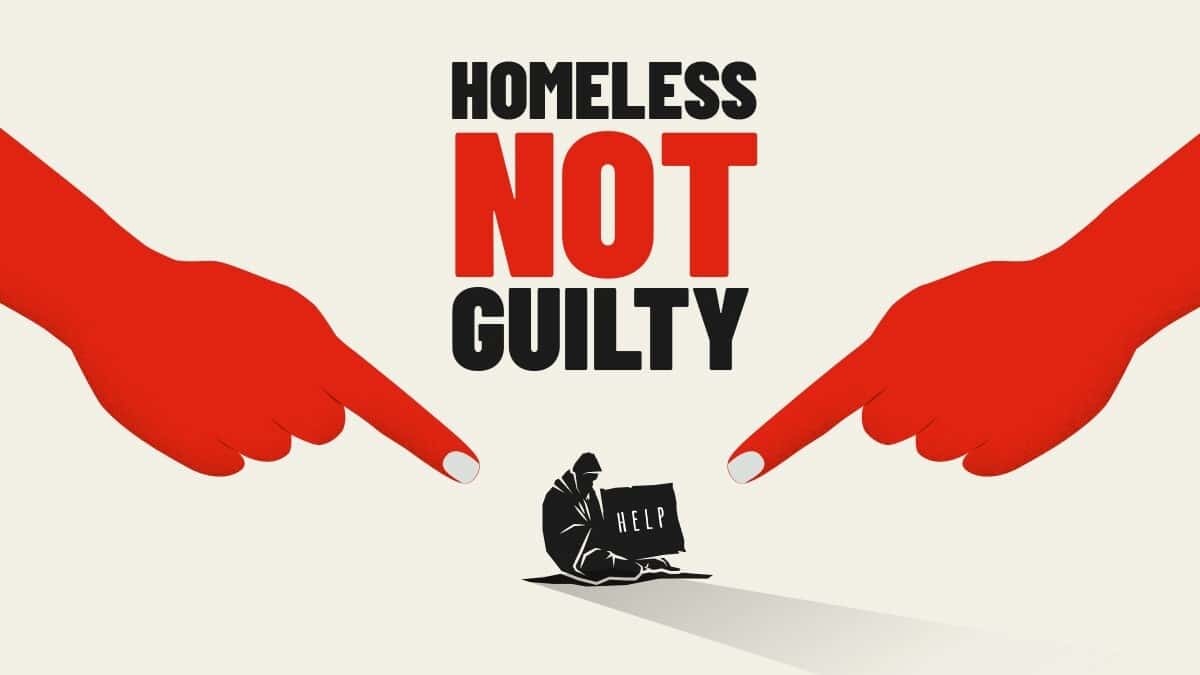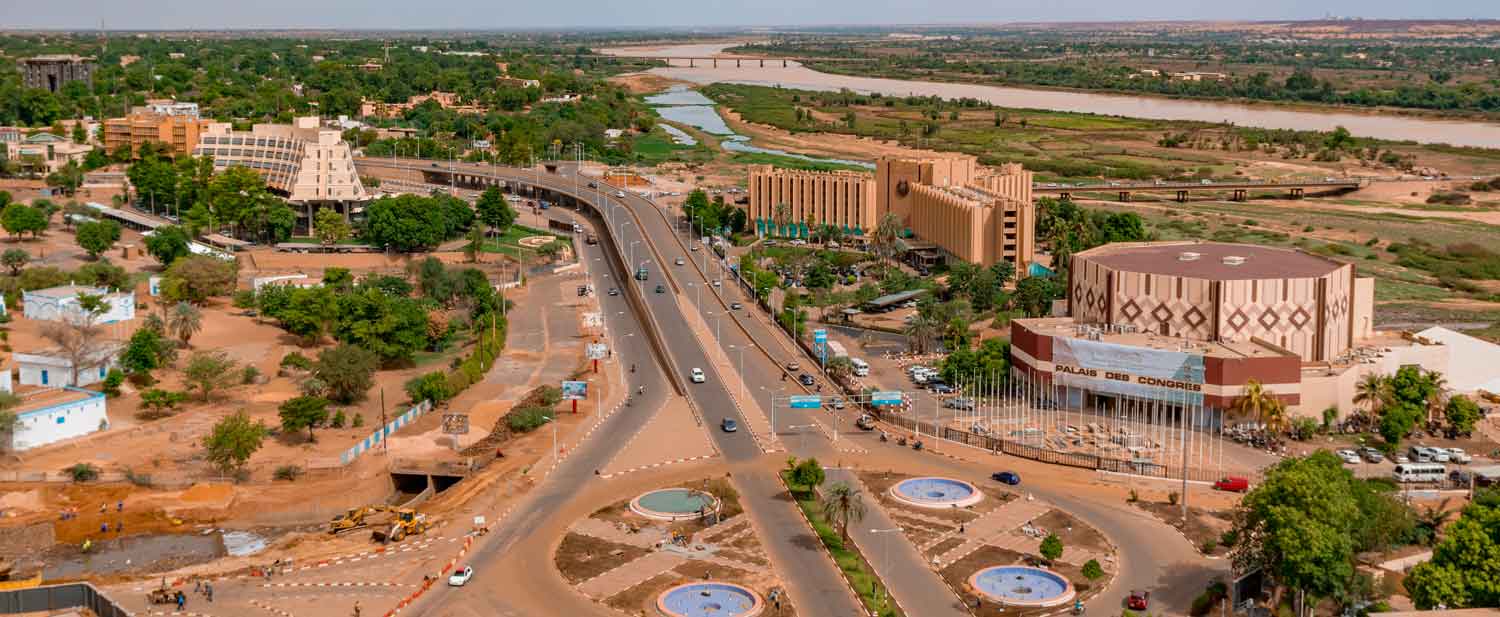Category: Human rights defenders
-
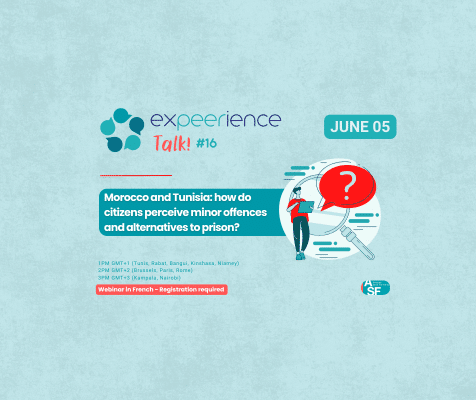
ExPEERience Talk #16 – Morocco and Tunisia: How Do Citizens Perceive Minor Offences and Alternatives to Prison?
In Morocco and Tunisia, criminal laws continue to punish behaviour linked to precariousness, marginalisation, or activism. As part of the Campaign to Decriminalise Poverty, Status and Activism, Avocats Sans Frontières (ASF) has conducted two national surveys (in Morocco and Tunisia) on the perception of minor offences and alternative sentences. To share these surveys, ASF invites…
-
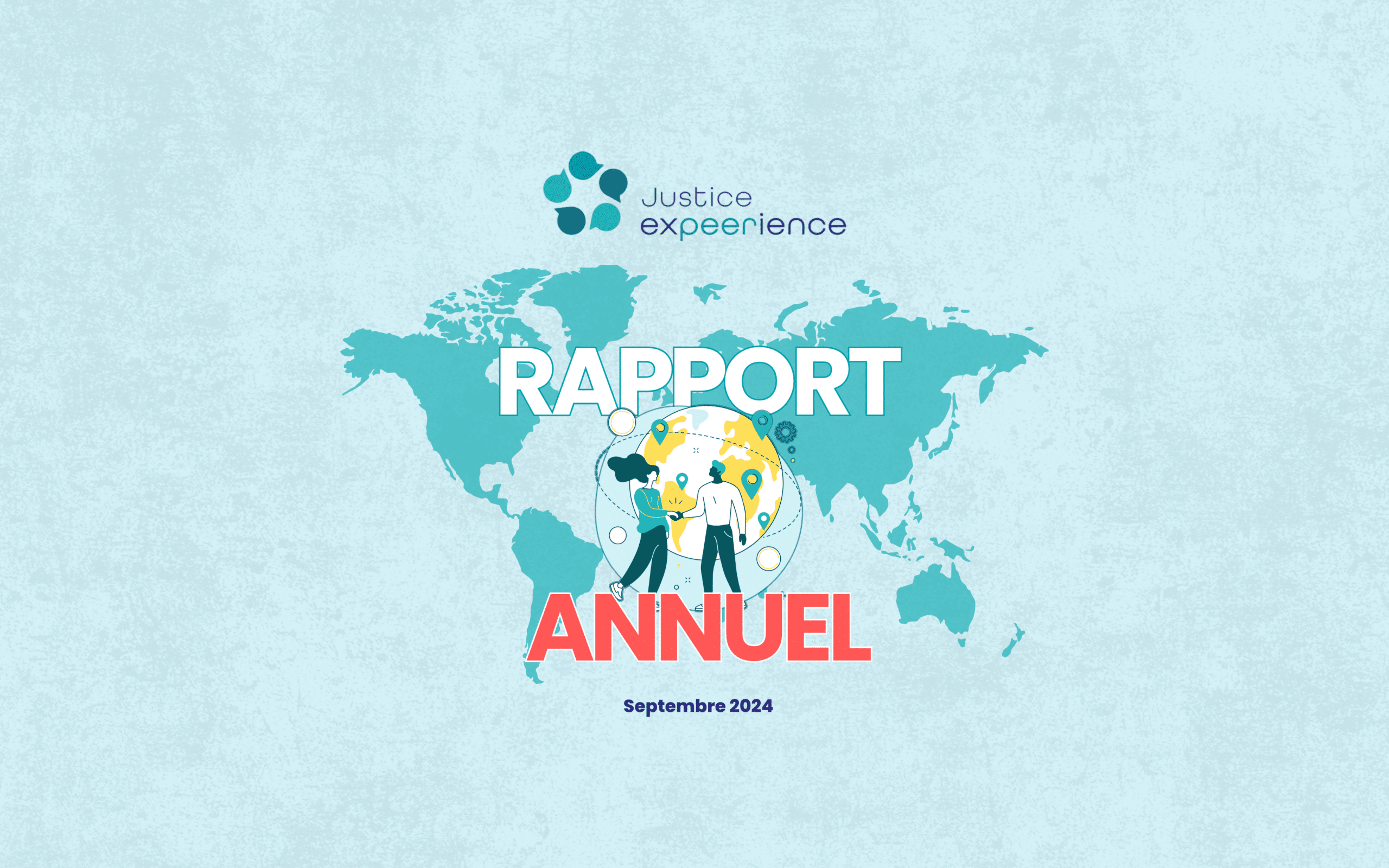
The Justice ExPEERience network keeps growing: evolution and new features
Justice ExPEERience celebrated its 3rd anniversary this summer! To mark the occasion, the network’s coordination team is proud to present the Justice ExPEERience annual report.
-
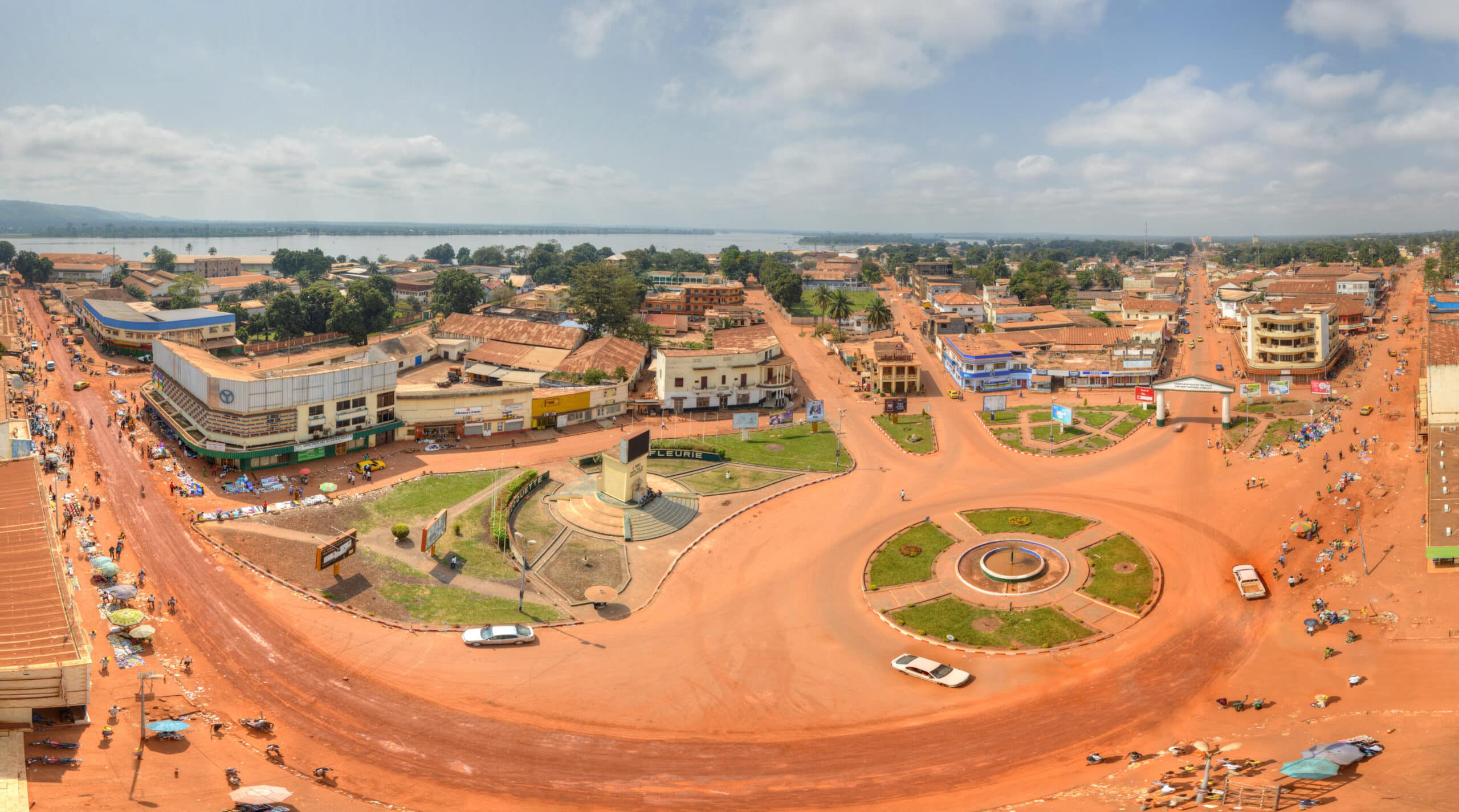
The Central African Republic – Protecting human rights defenders
ASF and its partners in the Central African Republic are supporting women human rights defenders in order to enable them to offer appropriate support and quality services to people in vulnerable situations in their needs for justice and guidance.
-
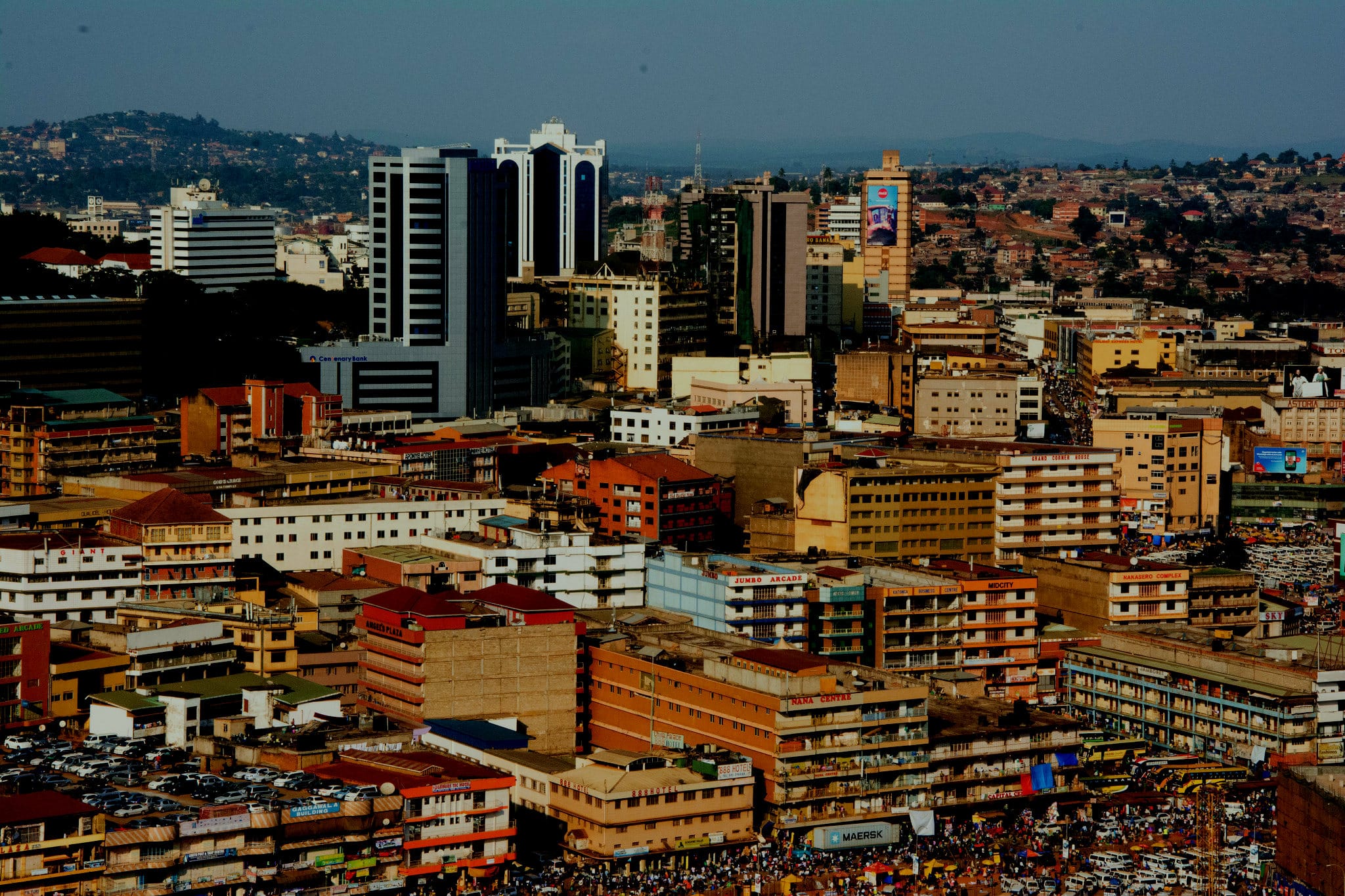
Policy Brief – Analysing Civic Space in East Africa through a judicial lens
For the past years, civic space has been described as “shrinking” in many countries around the world. The adoption of restrictive laws, the harassment of journalists, the arrest and detention of human rights defenders, the suspension of activities or freezing of accounts of civil society organisations, are common tactics used by states to restrict civic…
-
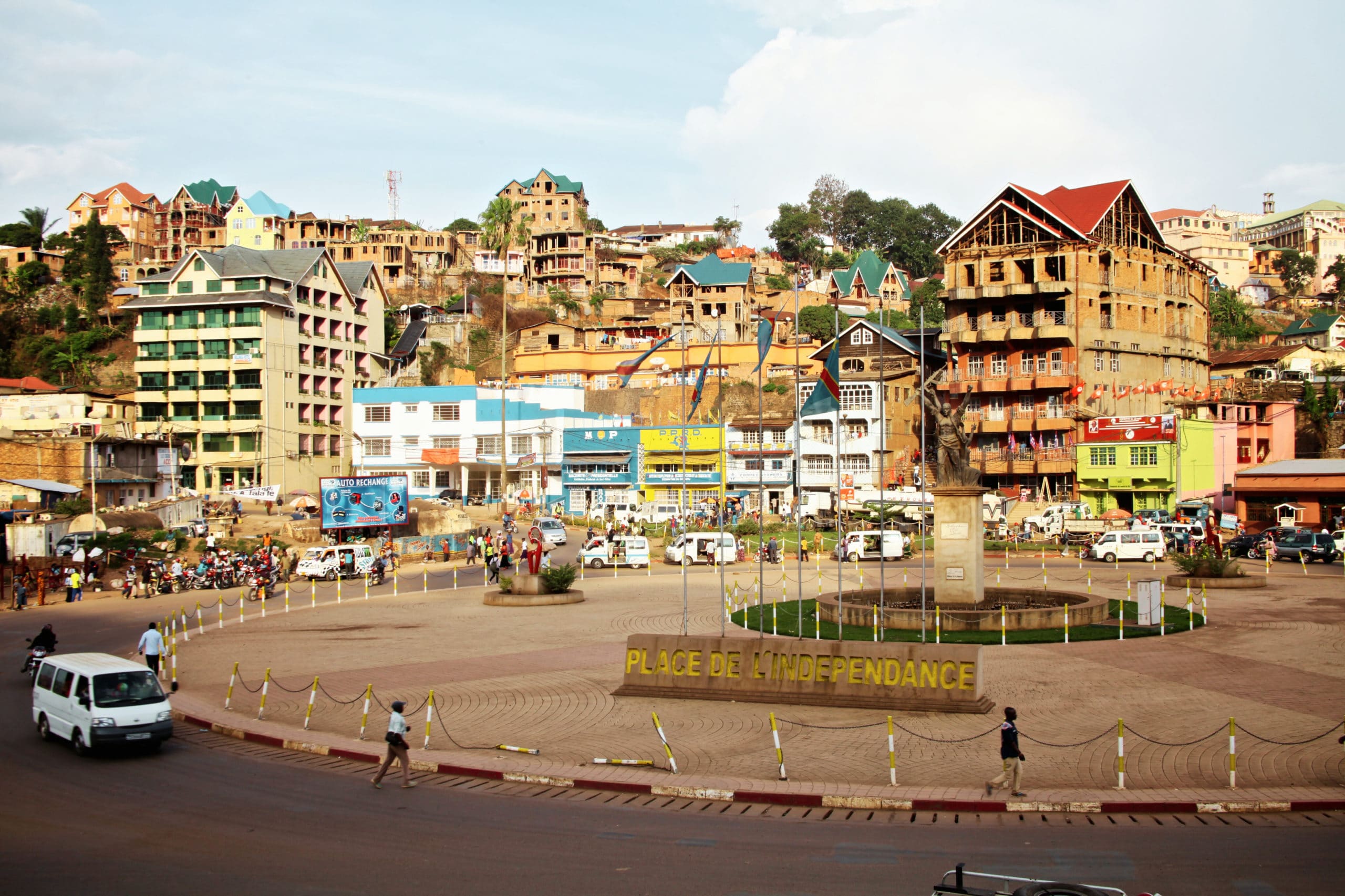
Defending the defence: The lawyer faced with the peril of repression
Legal proceedings, harassment, intimidation, deprivation of liberty, and sometimes direct physical harm. Throughtout the world, lawyers working on behalf of human rights, civil society or vulnerable groups are threatened and attacked simply for doing their job. This is the reality that we and our partners have to face wherever we operate. Our teams report repeated…
-
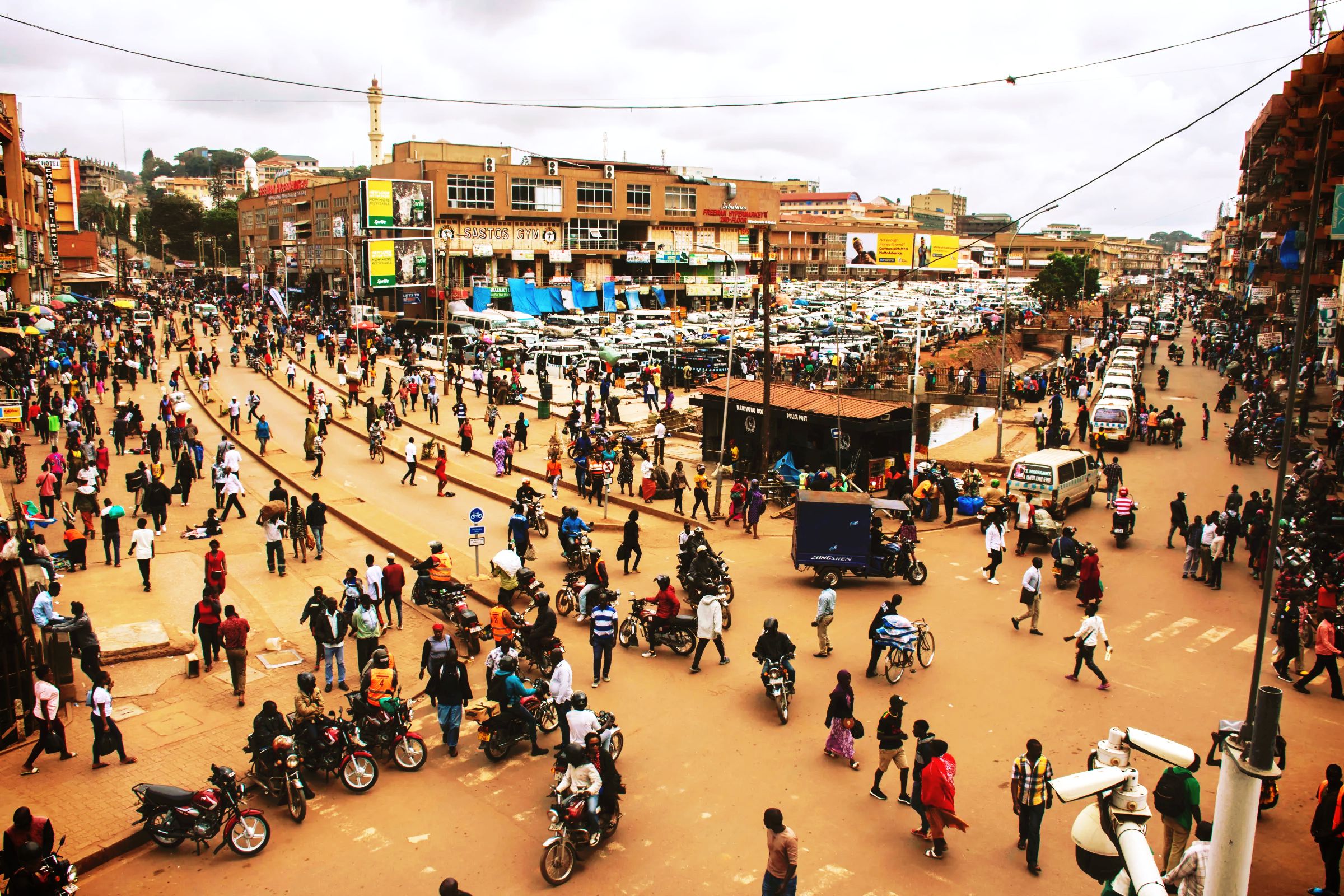
East Africa – Protecting civic space: A public interest litigation approach
In 2022, ASF’s East Africa office launched a project covering three countries in the region: Burundi, Tanzania and Uganda. The objective of the project is to contribute to the advancement of the rule of law through the understanding and usage of regional human rights treaty bodies, mechanisms and instruments by local civil societies organisations.

